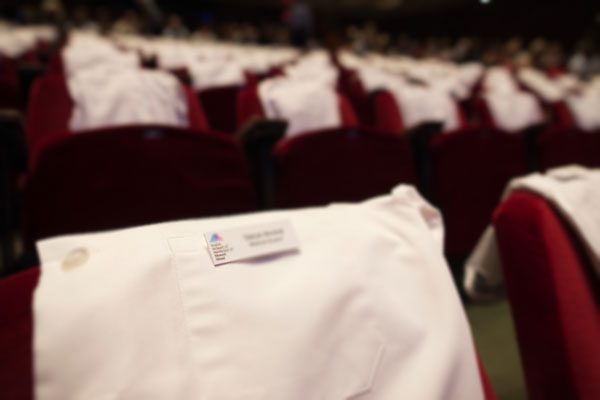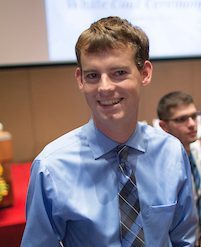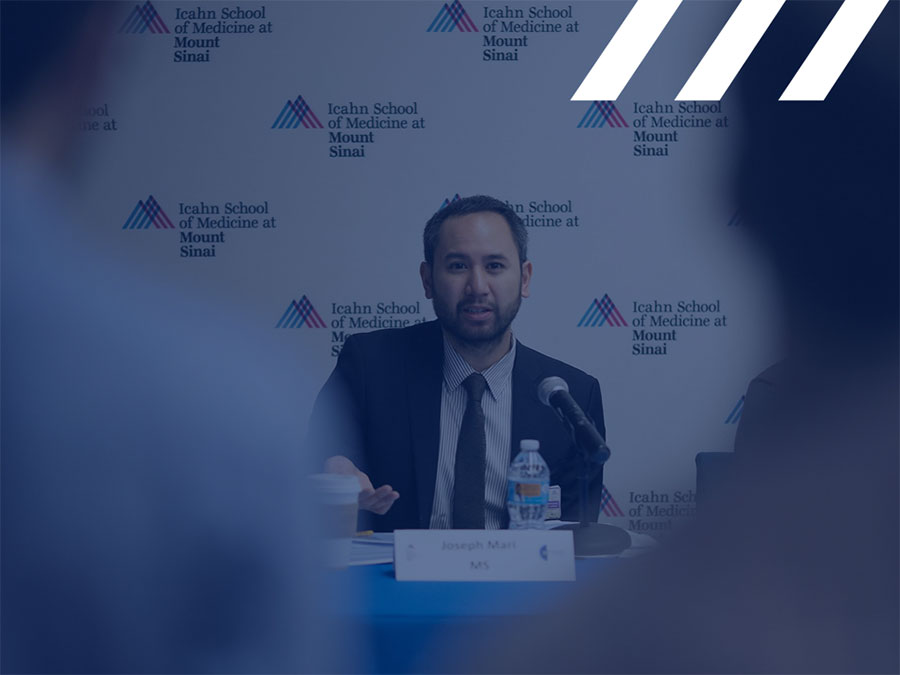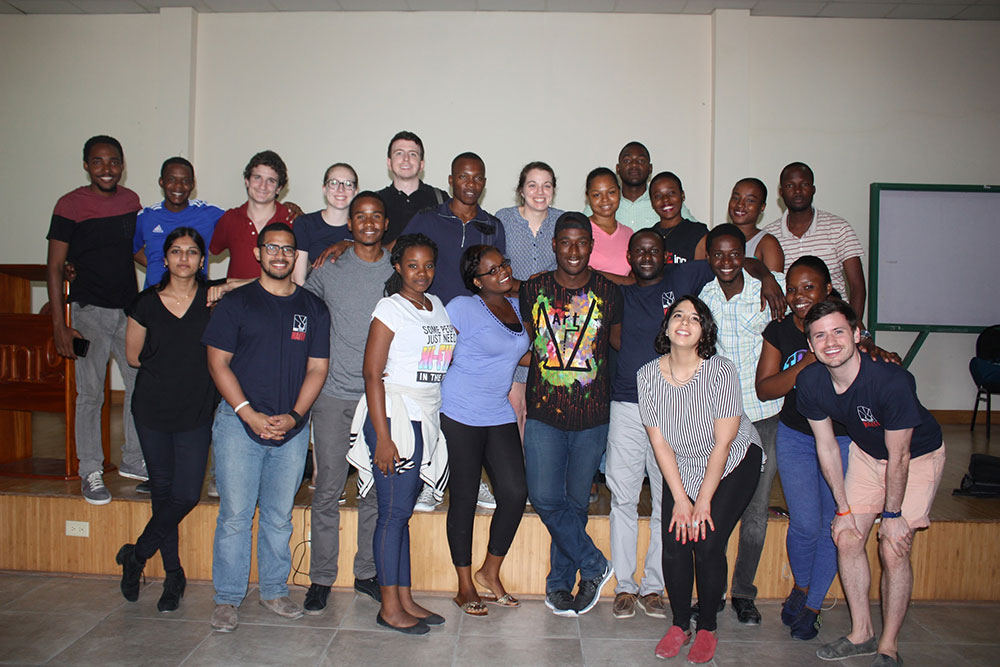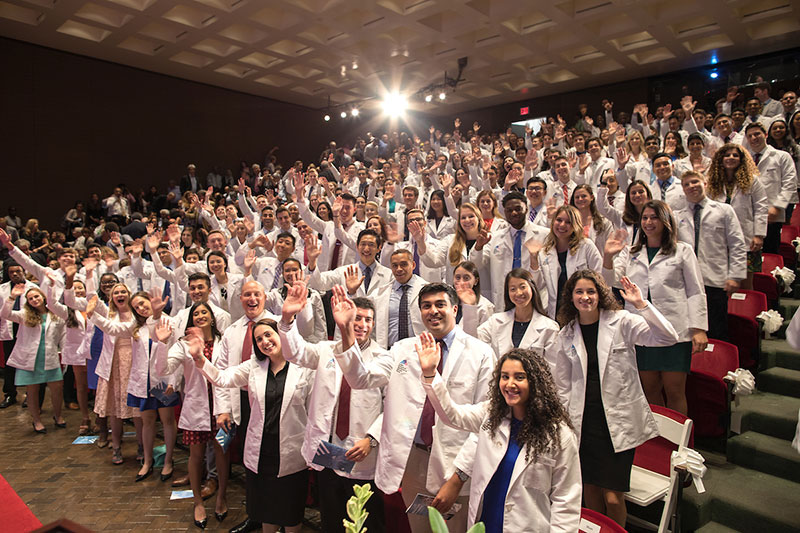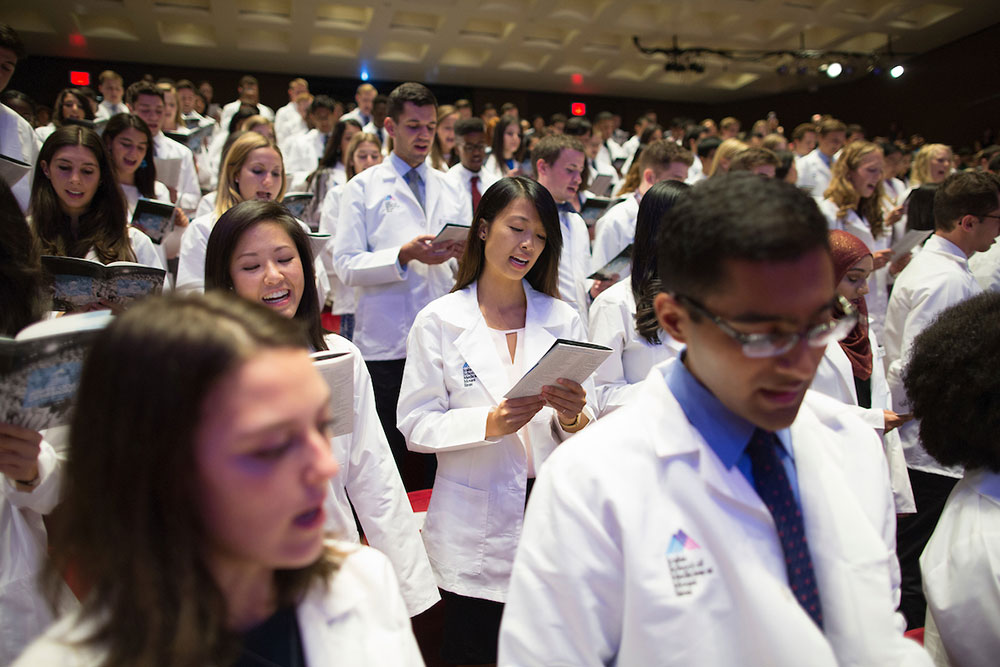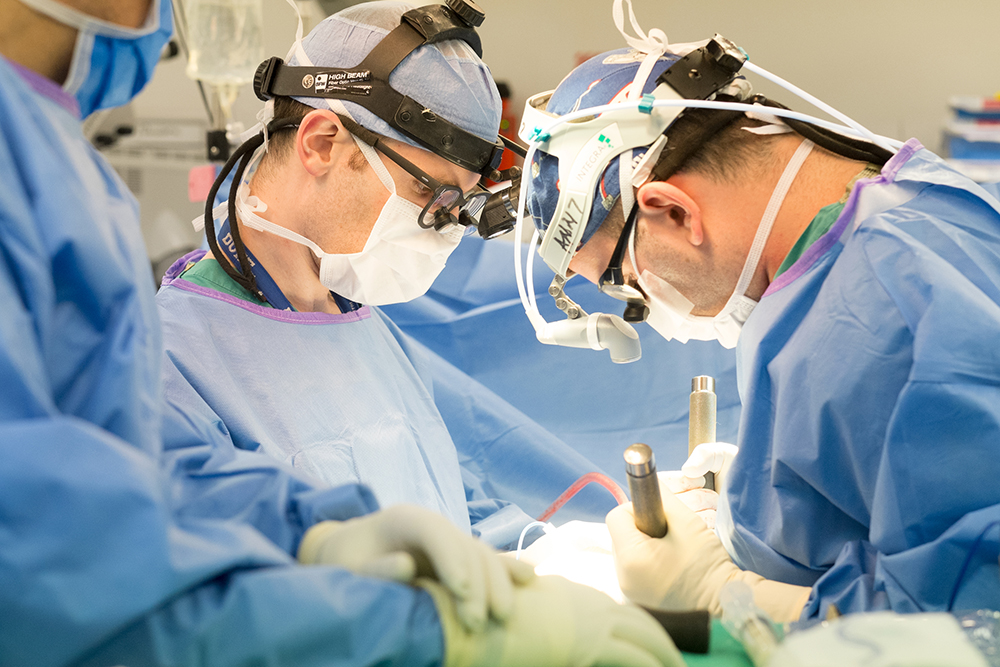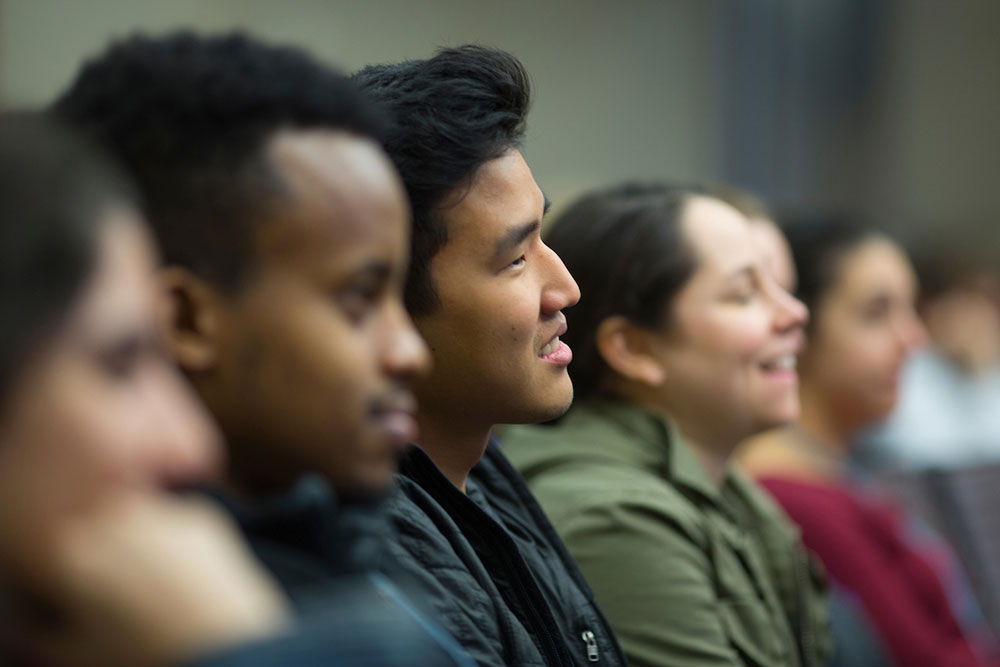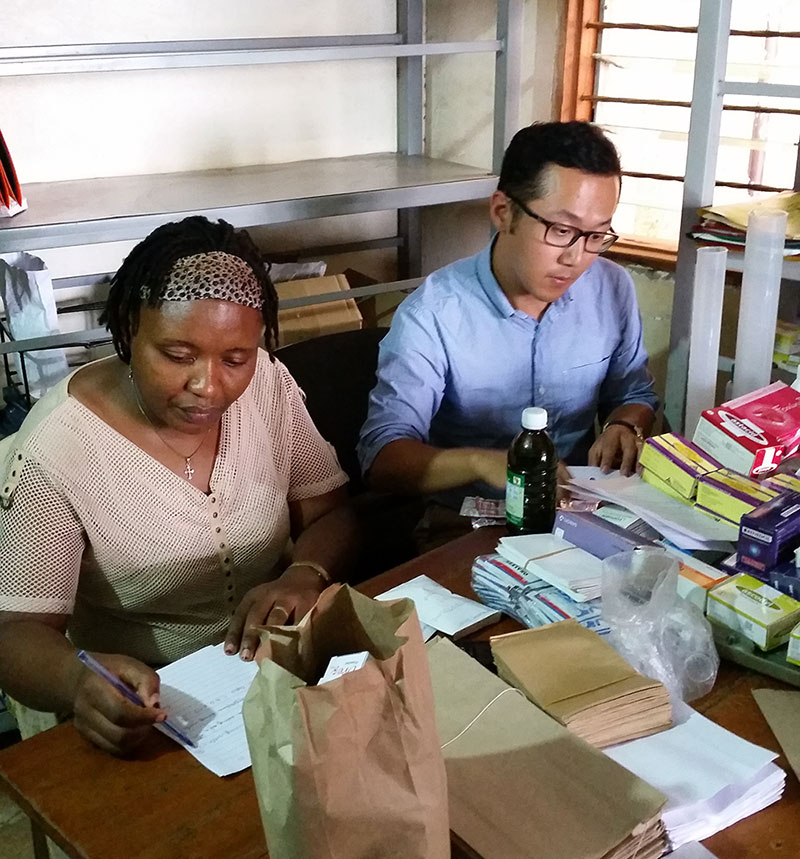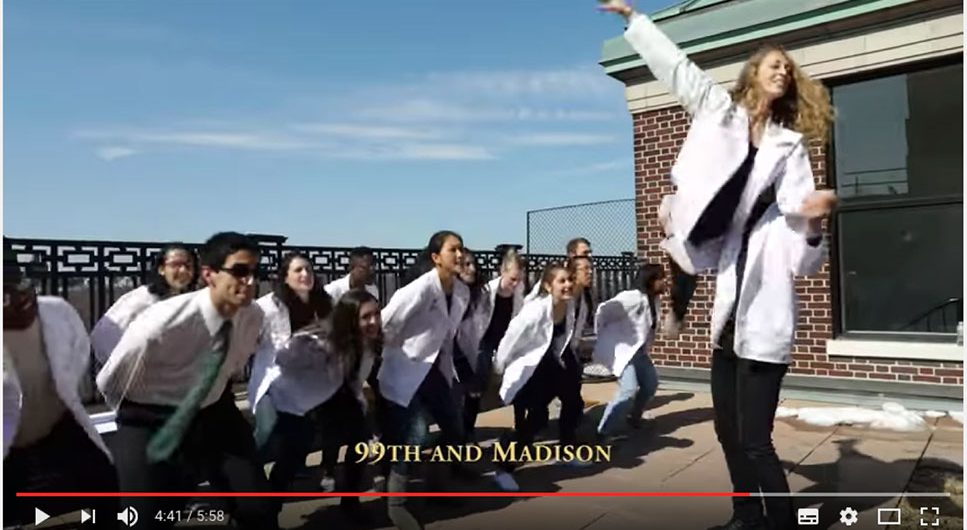At times in medical school, it’s easy to get lost in the science and memorization and forget the bigger picture of why you want to be a doctor. The Icahn School of Medicine at Mount Sinai’s InFocus weeks come between the major system blocks and are designed to be a break from the studying and an opportunity to think about important aspects of medicine that are not in a traditional medical school curriculum.
InFocus 3 came after we had finished our nine-week Brain and Behavior block, studying neurology and psychiatry, and I had spent all weekend at a hackathon, so I was ready for a break from classes.
The topic of InFocus 3 was Health and Human Rights. Throughout the week, we discussed refugees and asylum seekers, prison health, global conflicts, and Female Genital Mutilation. The week started with Ken Roth, the executive director of Human Rights Watch, speaking about the history of human rights law and the approach his organization uses to advocate for human rights. He explained his work, both legal and through advocacy, to promote global and domestic human rights, and highlighted ways physicians have engaged in human rights work as well.
“‘Let’s close our eyes and get along,’ festers injustices. Challenge them.” @KenRoth of @hrw charges #MD students during #InFocus session. pic.twitter.com/0KtFIHIAVz
— Icahn School of Med (@IcahnMountSinai) October 24, 2016
I spent Wednesday morning at the SinaInnovations conference promoting my group’s hackathon project, and came back to a fascinating day of InFocus devoted to the ethical challenges of dual loyalty. Dr. Ross MacDonald, the Chief of Medical Services for the NYC Division of Correctional Health Services, gave a talk about the ethical challenges of working as a physician in the prison system. He explained that it may be easy as a physician to avoid ethically challenging positions such as prison medicine and stay “ethically clean,” but that there will still be patients in prisons who need physicians to care and advocate for them. He discussed the challenges he faces working in a prison system, while always putting his patients’ well being first. He also gave a fascinating view of how his department uses data to advocate for incarcerated patients.
We then had small group discussions about the physician’s role in compassionate release with Dr. Rachael Bedard, a palliative care physician who works at Rikers Island Correctional Center with Dr. MacDonald—the first palliative care physician to work in the prison system.
Compassionate release is a process by which some terminally ill patients are allowed to die at home with their families. As part of the approval process, a physician must attest to the patient’s prognosis. This can be difficult for the physician, first because prognoses can be inaccurate and some patients live much longer or shorter than expected.
In practice, this means the system waits until patients are close to death before starting the process, and the patients often die in prison while their case is being considered. The physician’s prognosis also can make a large difference in the likelihood of compassionate release being approved.
The next day focused on the role of the physician in the asylum process. I work with the Mount Sinai Human Rights Clinic, and I introduced an asylum seeker, Mr. Francis, who came to talk about his experiences with our class. The Human Rights Clinic conducts free medical and psychological exams for asylum seekers, and the physicians who conduct these exams document signs of assault and torture to help the clients during their asylum hearings. An affidavit of support from a physician makes a client’s case significantly more likely to be successful.
I had first met Mr. Francis over the summer, when I had helped conduct his medical exam for the asylum process. He is exceedingly friendly and was very open to sharing his story of persecution growing up as a gay man in Jamaica with the class. He is in the middle of the asylum process now, and his discussion with the class and boundless optimism were the highlight of the week for most students.
On Friday, we finished the week up with a day devoted to Female Genital Mutilation (FGM). We had talks by survivors of FGM and an FGM- specialist physician who had come from South Sudan to speak with us. We see a lot of FGM survivors as clients at the Human Rights Clinic, and it was interesting to hear the experiences of someone who specializes in FGM and works with survivors every day. It was also fascinating to hear from an FGM survivor and activist in New York about her experiences in the United States.
At the end of the week, we all felt refreshed and ready to start our Pulmonology block. I really do enjoy studying the science we learn in medical school, but it’s important to understand the challenges our patients face outside of the exam room as well. Dr. David Ansell, a physician and advocate, described physicians as “natural advocates for the poor.”
InFocus reminds us of the responsibility we accept when we put on our white coats, and gives us the tools to advocate for our patients now and in the future.
Taylor Miller is a second-year medical student at the Icahn School of Medicine at Mount Sinai. He is originally from San Diego, California, and studied International Economics at Georgetown University. His interests include economics, health policy, emergency medicine, and backpacking.

